
There is no previous post
Previous Post
Next Post
There is no next post
Strengthening Winter Operations with Karsan eJEST
Operating eJEST in winter conditions
One of the most common questions fleet owners ask is how electric vehicles (EVs) perform in winter and how to keep bus batteries reliable during harsh conditions.
Fact: EVs often start more reliably in winter than their gas or diesel counterparts, as they don’t rely on combustion engines that can struggle in extremely cold temperatures.
Electric buses like the eJEST are designed to perform reliably even in harsh winter environments. However, ensuring optimal performance requires operational adaptations. Here's how eJEST and Damera provide solutions.
Properly anticipating winter demands and by designing duty cycles with winter conditions in mind helps optimize fleet performance, minimize disruptions, and maintain consistent service levels throughout the year.
Understanding Temperature Management
For the Karsan eJEST, the batteries cannot go below 17°C. To ensure optimal performance, eJEST is equipped with a thermal management system that keeps the batteries warm and functioning efficiently regardless of external temperatures. While this system draws some energy from the bus's battery to maintain the temperature. And when the EVs are on the road they automatically keep batteries warm as when the battery discharges energy it also creates heat within the pack. But it is true that the winter months provide a challenge, however, the challenge comes from air heating during winter months, as doors constantly open and close. To maintain interior temperature, the battery is required to provide additional energy. To address this, we offer a diesel pre-heater – a small diesel heater that supplements the electric heating system.

Other eJEST characteristics that are beneficial to maintain interior temperature:
- Improved Insulation: Keeps the interior warmer for longer, reducing heating demand.
- Efficient Door Seals: Prevents cold air from seeping in during stops.
- Rapid Climate Control Systems: Quickly restores cabin temperature after doors open, maintaining passenger comfort.
Efficient Heating for Winter Conditions

As noted by Dr. Josipa Petrunic, CEO of the Canadian Urban Transit Research & Innovation Consortium (CUTRIC):
"One of the solution there is (because that consumes a lot of battery range) - to replace electric heating with diesel heating. And that means a little bit of emissions in the winter when the heating turns on, but it's very small, compared to the overall a propulsion of the vehicle, because diesel heaters are pretty good at generating heat, so they're rather efficient as generators of heat not so much of propulsion, and for a little bit of emissions you save 30% of your battery pack in the winter".
(Josipa Petrunic for The Bay Observer)
Environmental Impact of Pre-Heaters
This diesel pre-heating technology is only used during the coldest months (about three months a year) and consumes approximately 1 gallon of diesel per day.
A typical 40-foot diesel bus, depending on conditions, consumes about 3-6 miles per gallon. By comparison, a typical 40-foot diesel bus consumes 3-6 miles per gallon, requiring 20-40 gallons for a 120-mile route. The pre-heater provides significant savings and extends the bus range, ensuring reliable service throughout the winter. A diesel pre-heater's emissions are significantly lower than those from a diesel engine operating for an entire route, making this solution both practical and environmentally conscious.
Battery Pre-Conditioning During Charging
Battery pre-conditioning during charging ensures they remain at an optimal temperature before starting a route. The eJEST is compatible with affordable charging solutions, such as the ABB Terra DC Wallbox and ChargePoint CPF 50, which provide reliable charging at a fraction of the cost of larger-capacity chargers. Additionally, keeping the vehicle plugged in during extreme weather minimizes energy use for heating or cooling and helps maintain optimal battery health, extending its lifespan.
Check all our chargers here.
Bonus: You can warm the cabin to a cozy temperature and defrost the vehicle while it's plugged into a charger, all without worrying about exhaust emissions. Since no emissions are produced, you can even do this indoors, ensuring a comfortable and hassle-free start of service.

Advanced Driver Training for Winter helps to extend the bus range
Drivers operating electric buses in winter require specialized training to maximize energy efficiency and handle challenging conditions like snow and ice. Damera supports transit agencies with training programs focused on regenerative braking and efficient operation of climate control systems, ensuring smooth winter operations.

The driver's behavior significantly influences an electric vehicle's (EV) range and passenger safety. Professional and motivated drivers can extend an EV's range by adopting efficient driving practices. Avoiding rapid acceleration, sudden braking, and high-speed driving conserves energy and enhances safety. By anticipating stops and decelerating smoothly, drivers enable the regenerative braking system to recover kinetic energy, converting it back into stored battery power. This practice not only extends the vehicle's range but also reduces wear on braking components, contributing to overall vehicle longevity.
Seasonal Tire Maintenance
Maintaining proper tire pressure is crucial for vehicle efficiency and safety, especially as ambient temperatures drop. Lower temperatures cause air to contract, leading to decreased tire pressure. This reduction increases rolling resistance, requiring more energy to maintain speed, which can diminish an electric vehicle's range. Regularly checking and adjusting tire pressure to manufacturer-recommended levels can mitigate these effects, ensuring optimal performance and extending the vehicle's range.

eJEST and Scalability for Low-Ridership Areas
Smaller electric buses like the eJEST are ideal for low-ridership routes during winter. Their size and efficiency make them cost-effective for areas where full-sized buses would operate underutilized, ensuring service continuity without unnecessary expenses.

Why Partner with Damera?
When you work with Damera, you receive expert guidance on every aspect of EV operation, from fleet-specific pre-heating strategies to advanced charging infrastructure and driver training, we provide tailored solutions for reliable, cost-effective service during the harshest conditions.

Let us help you make electrification a success, regardless of the season -
Contact Damera.










.svg.avif)











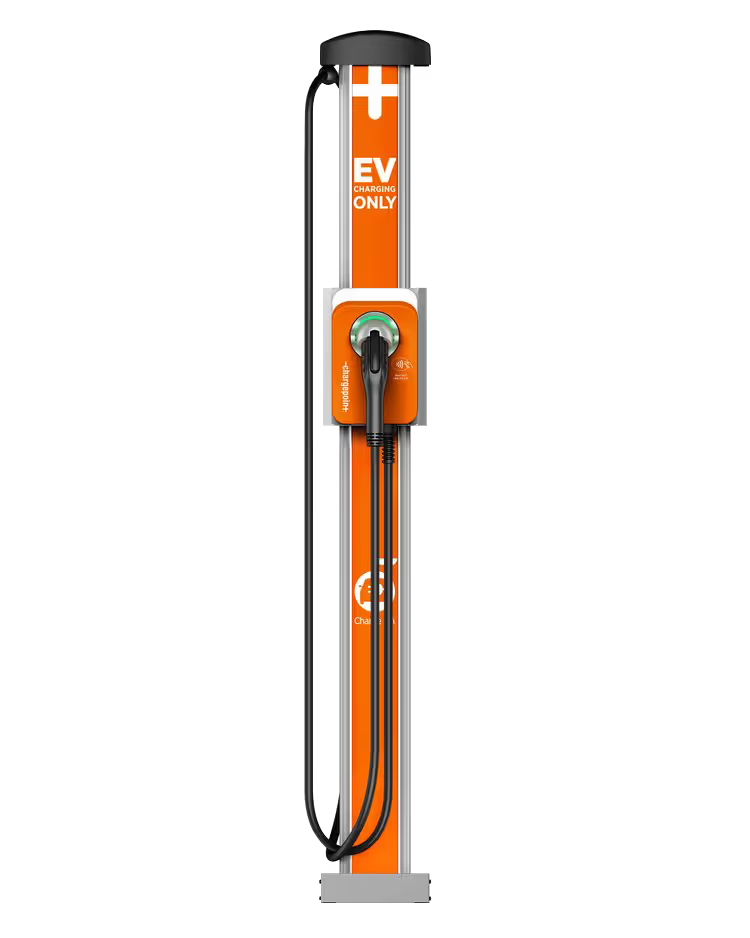





-p-500-p-500.avif)



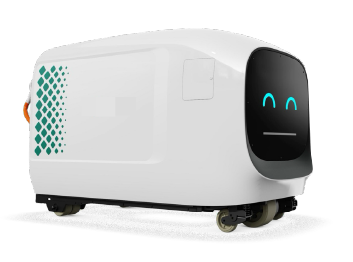
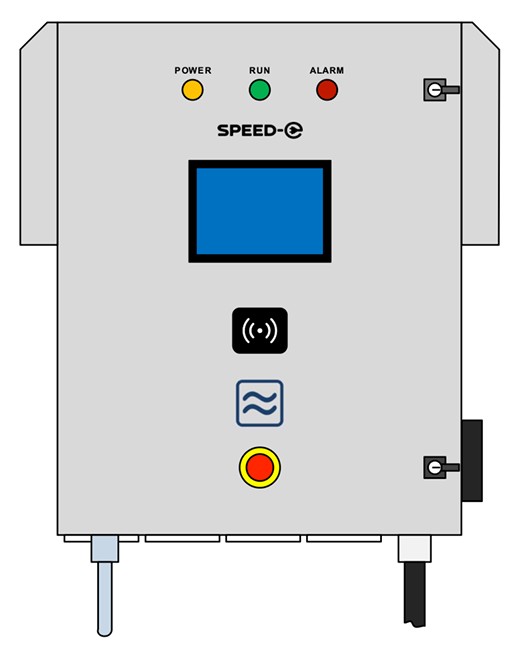
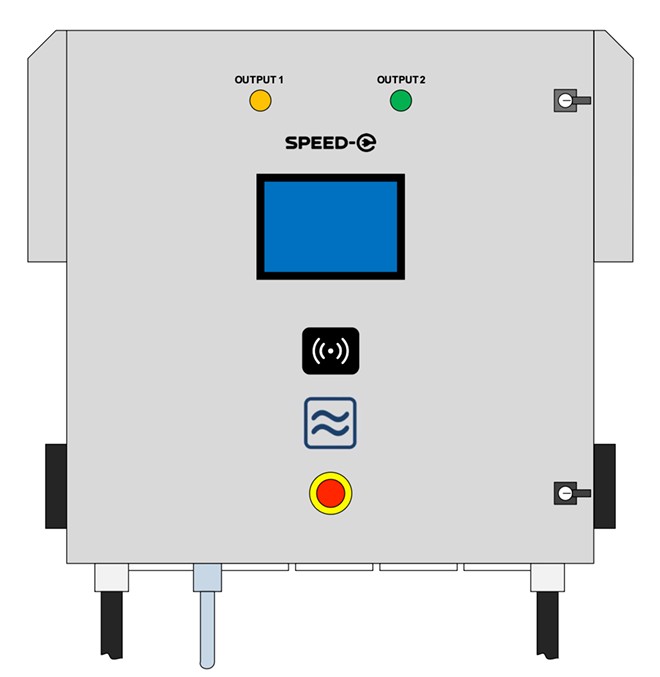
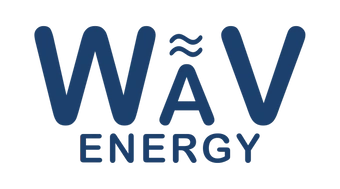
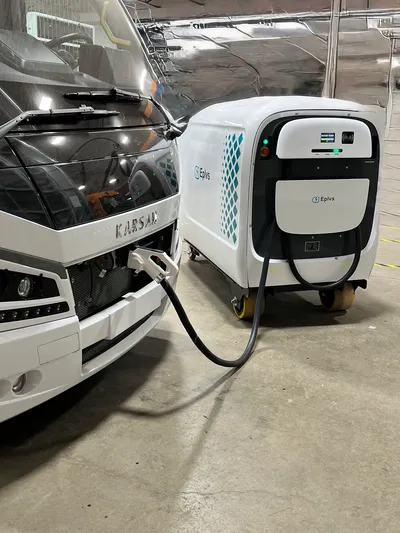
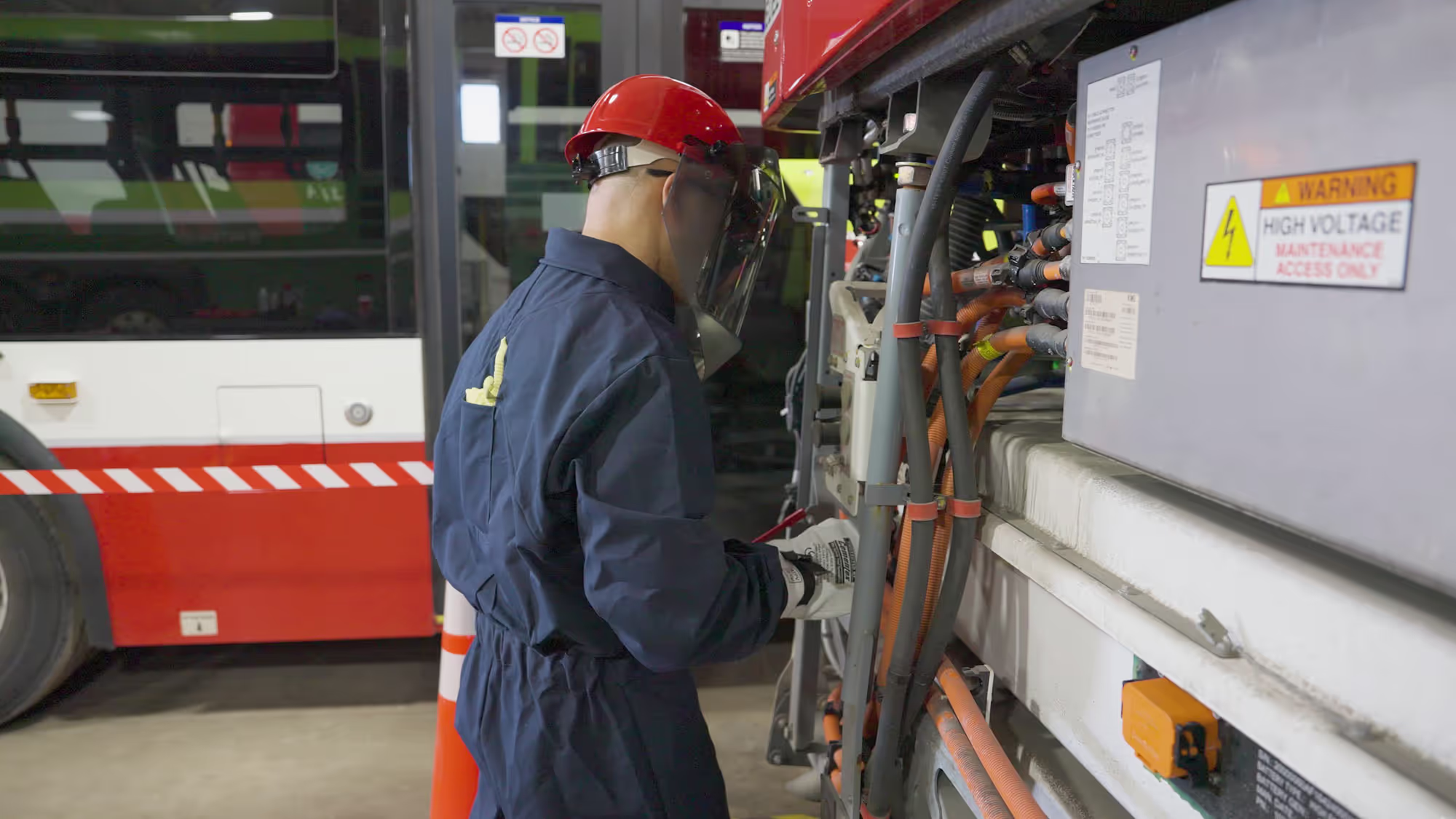


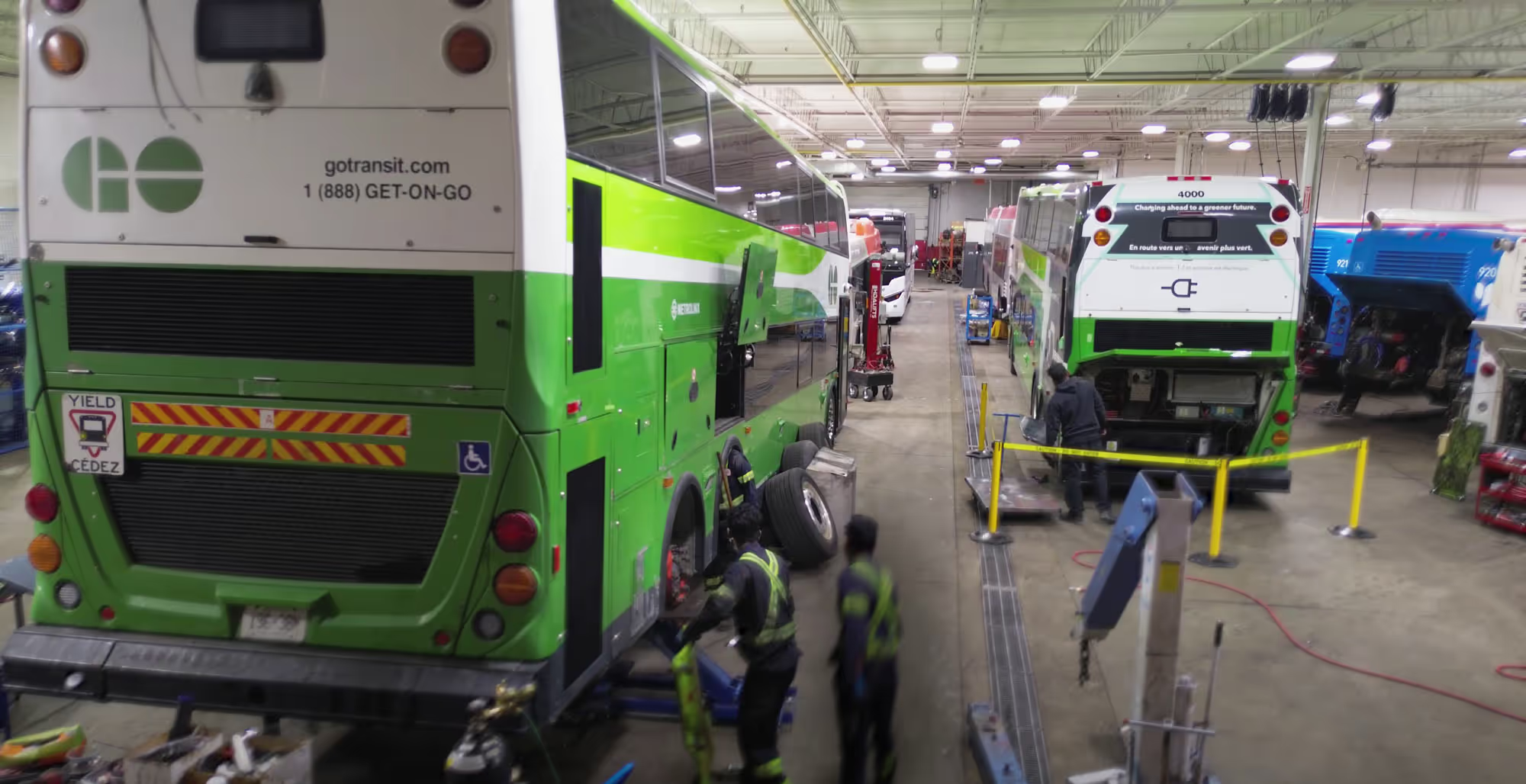





.svg)

















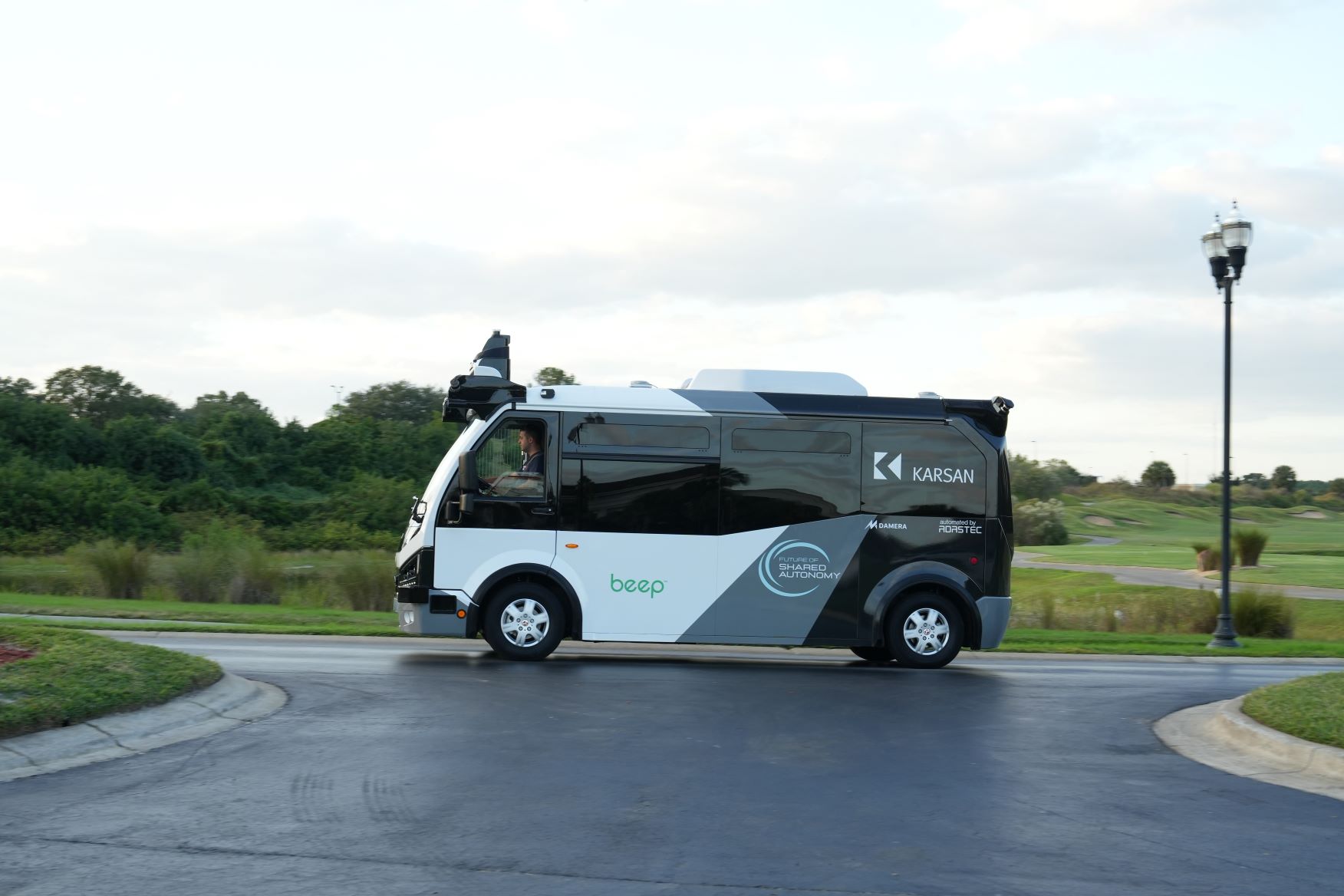
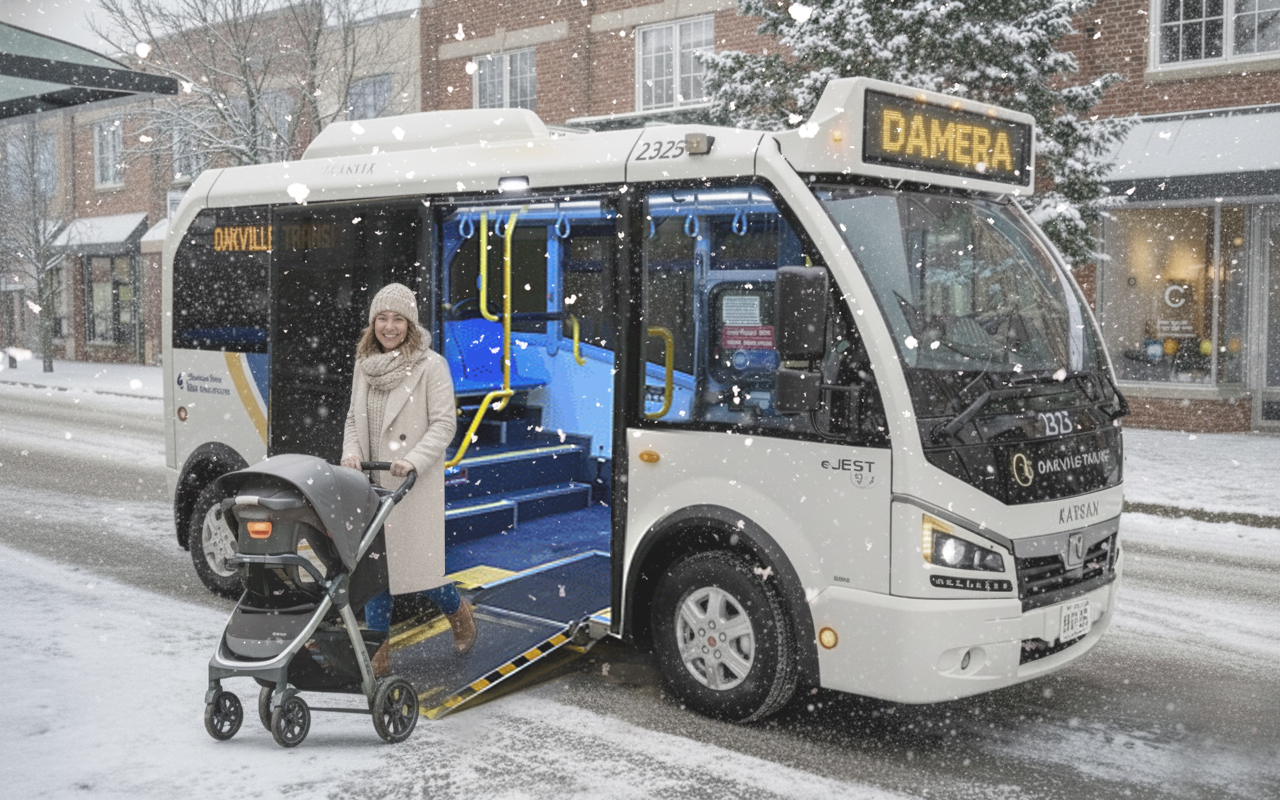


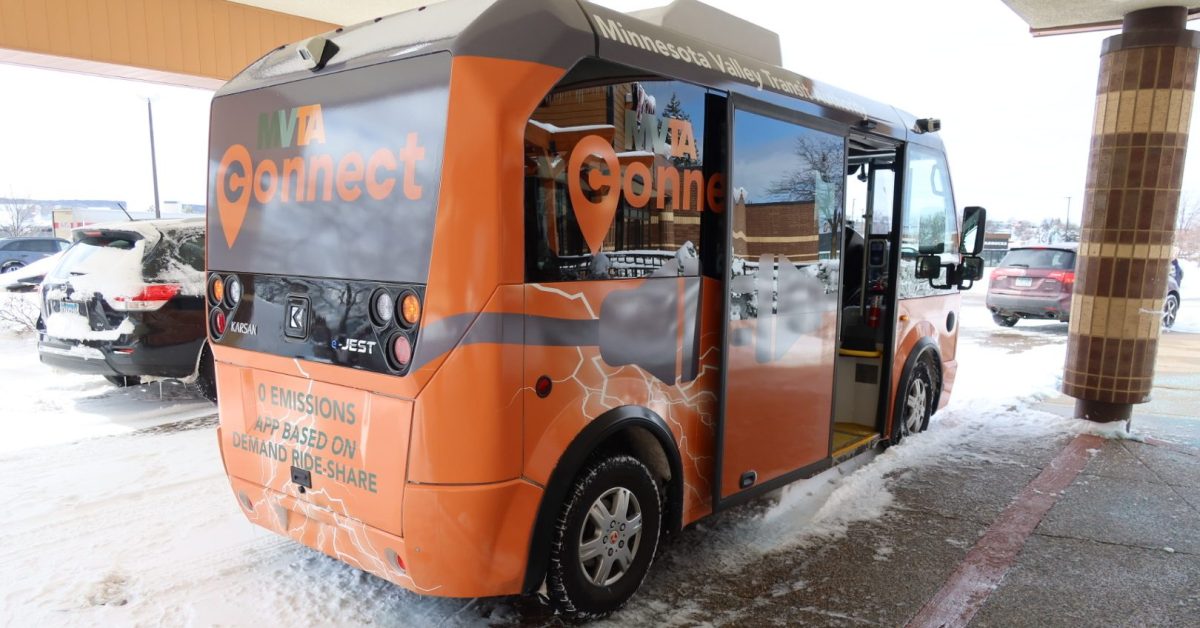

.jpeg)


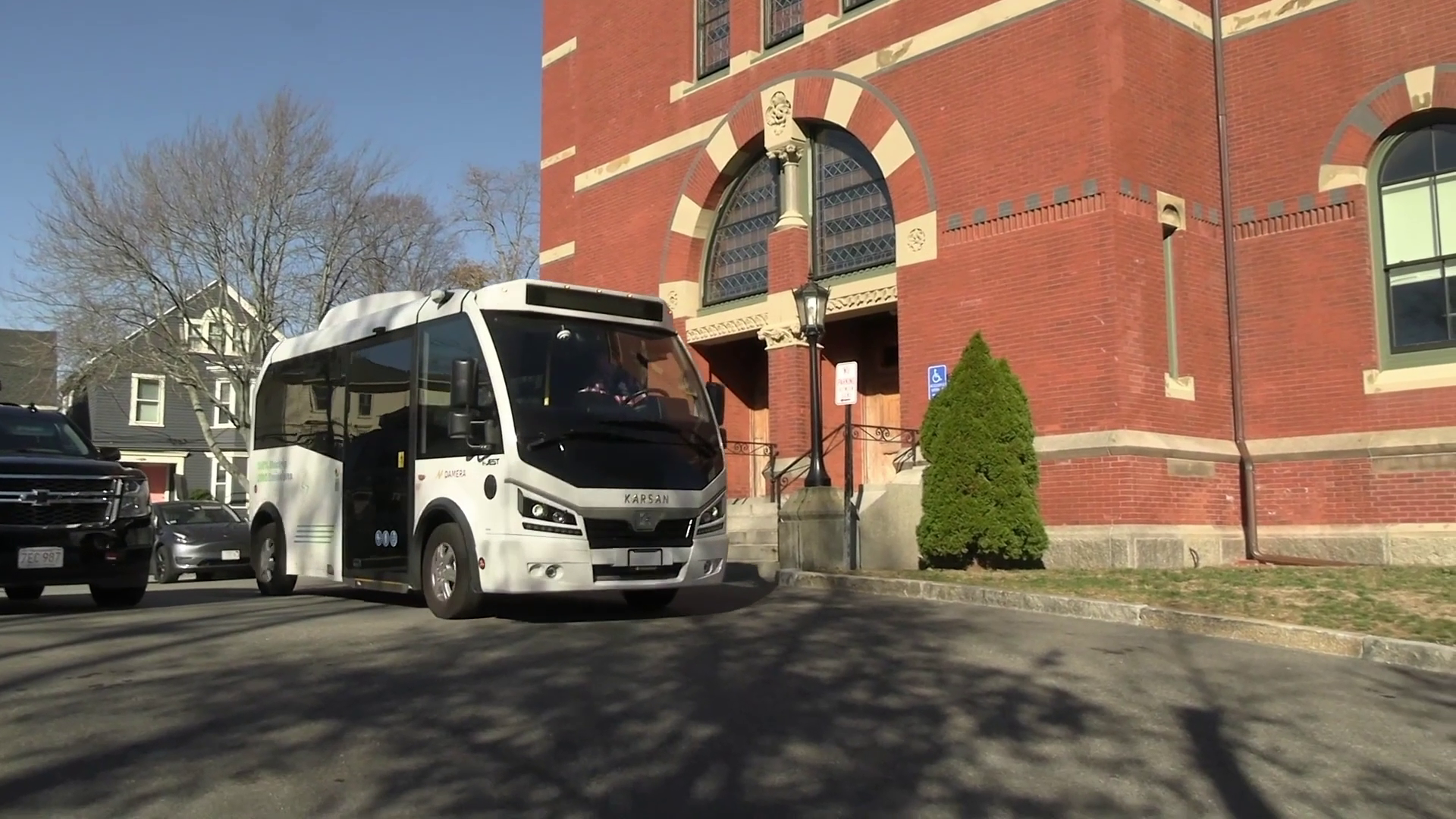
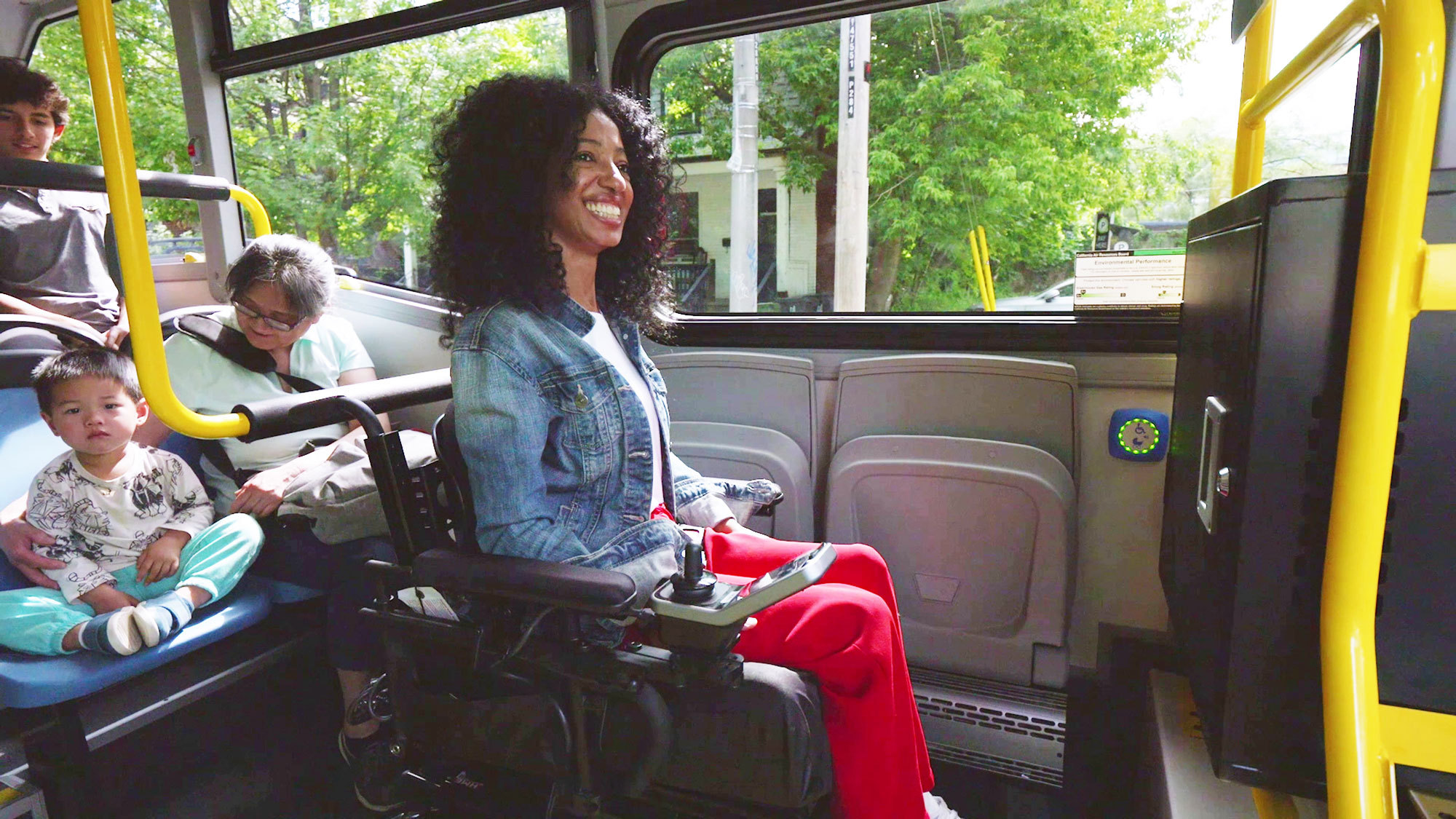
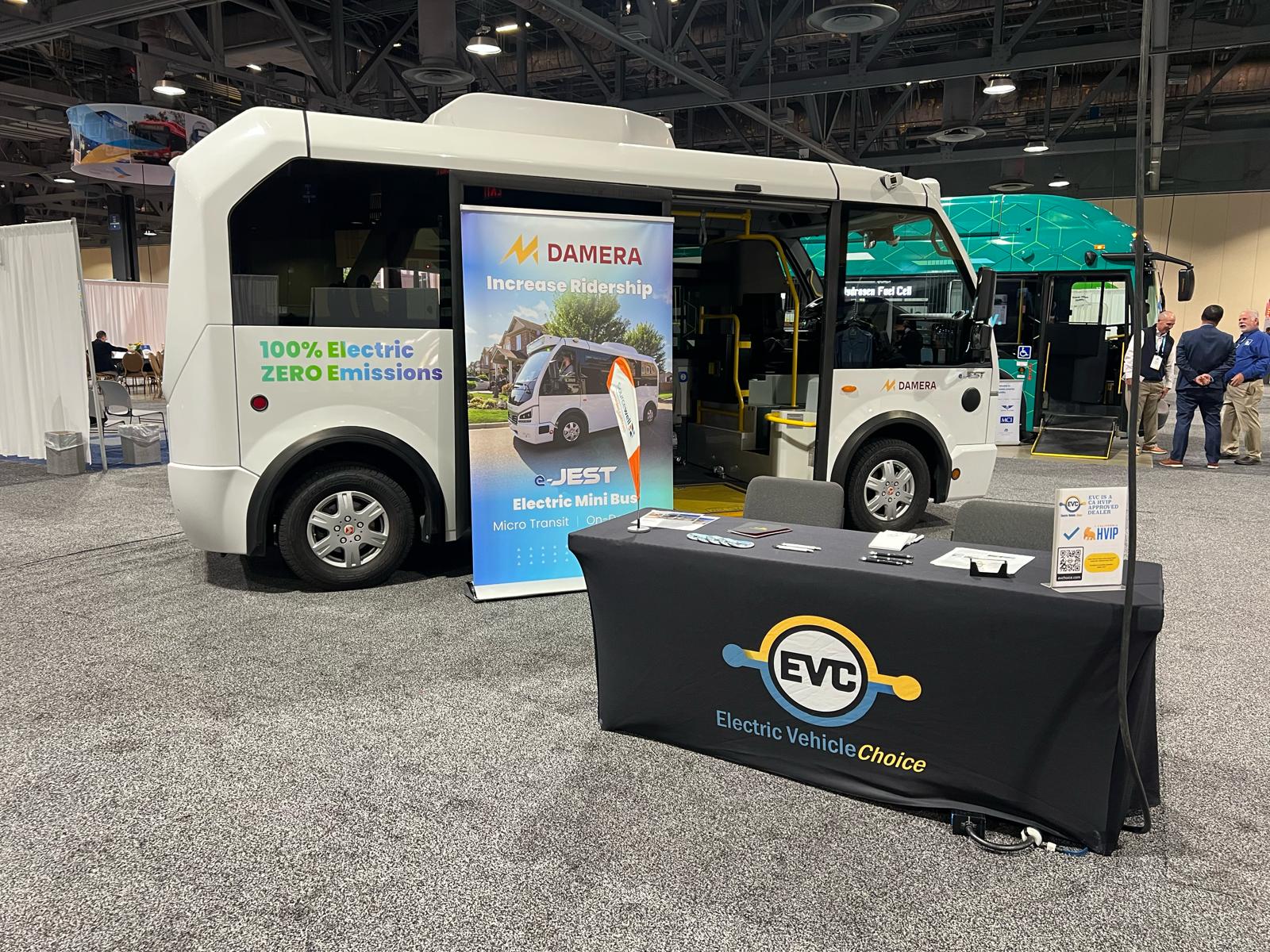
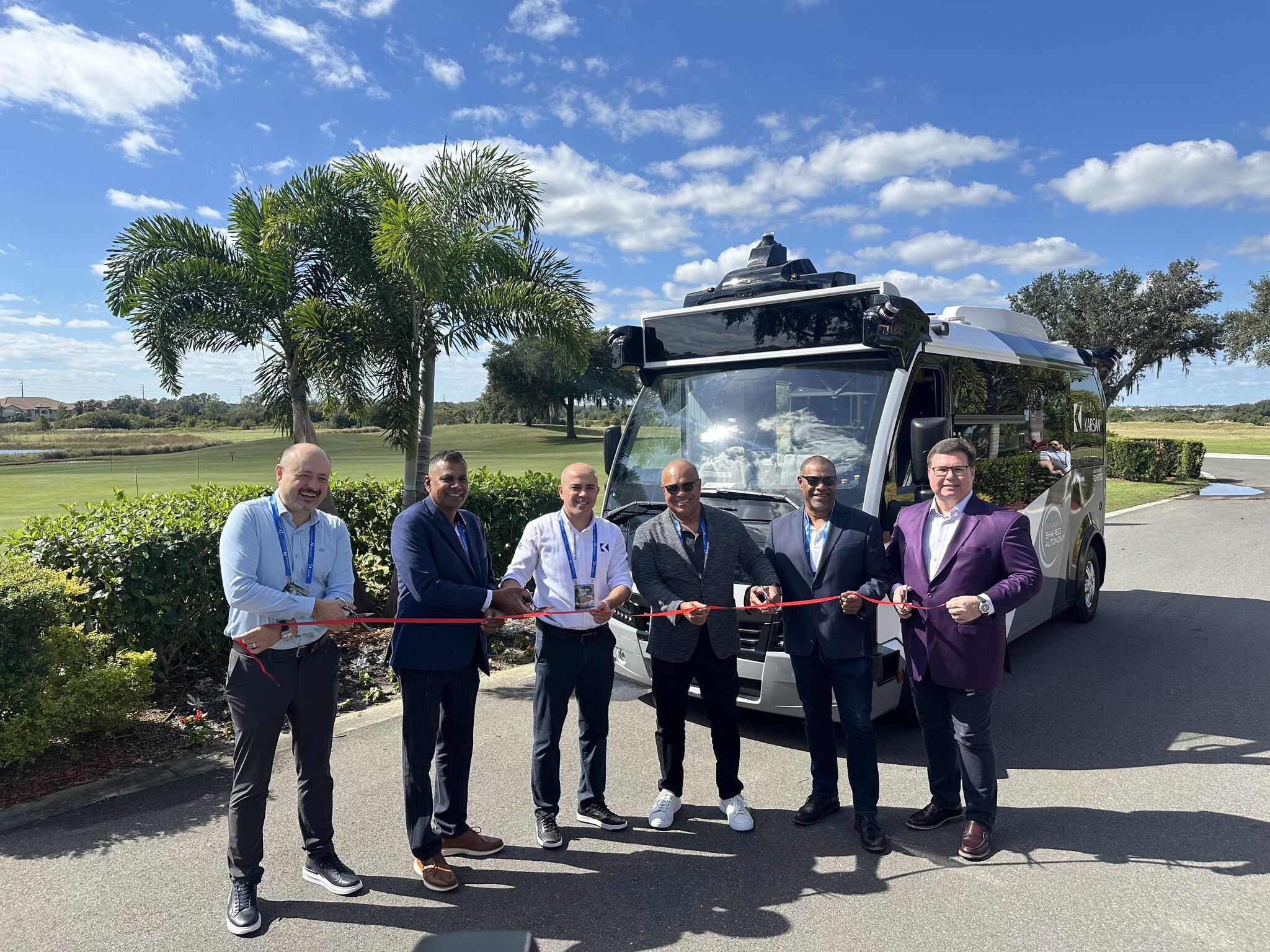

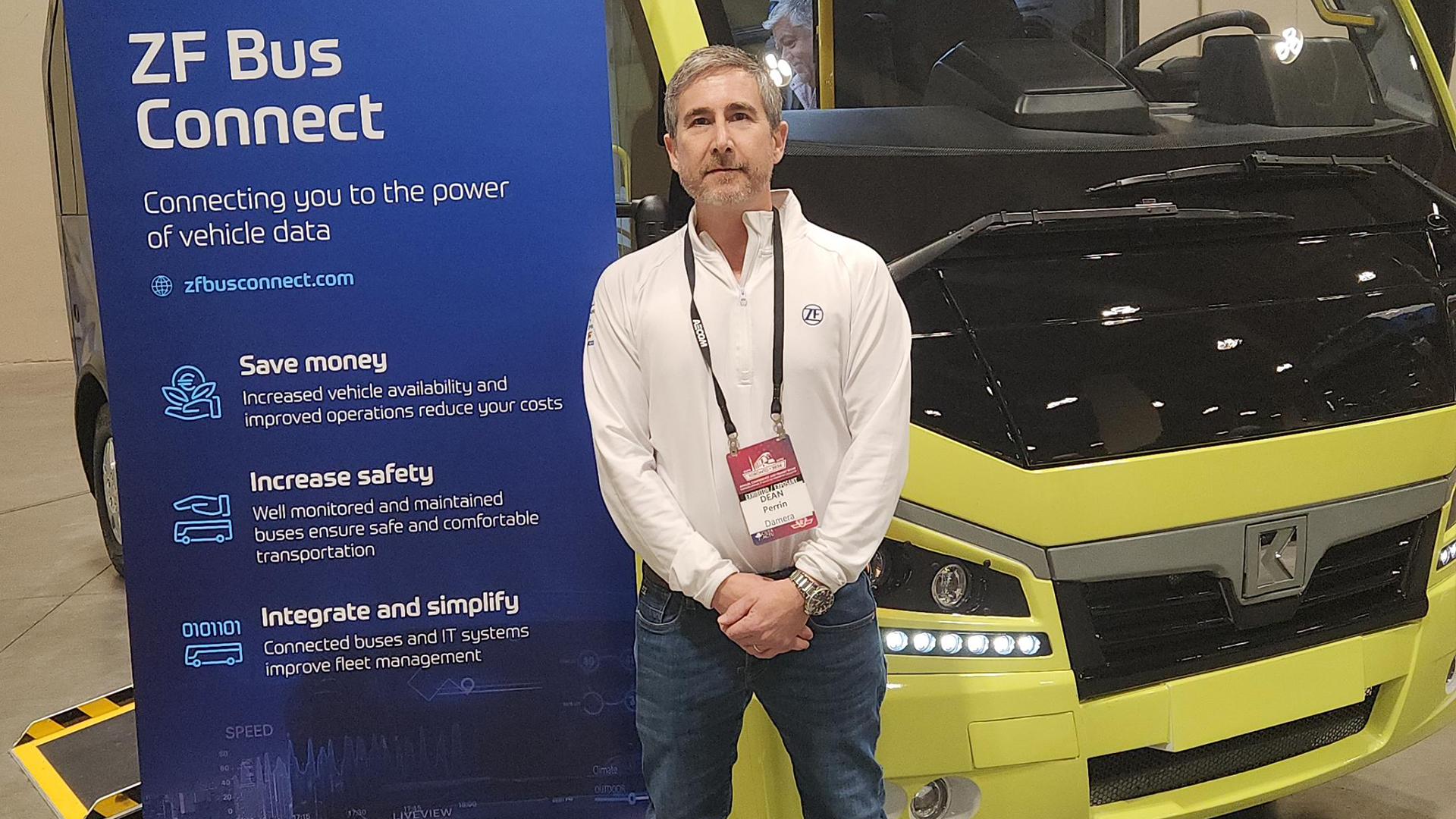

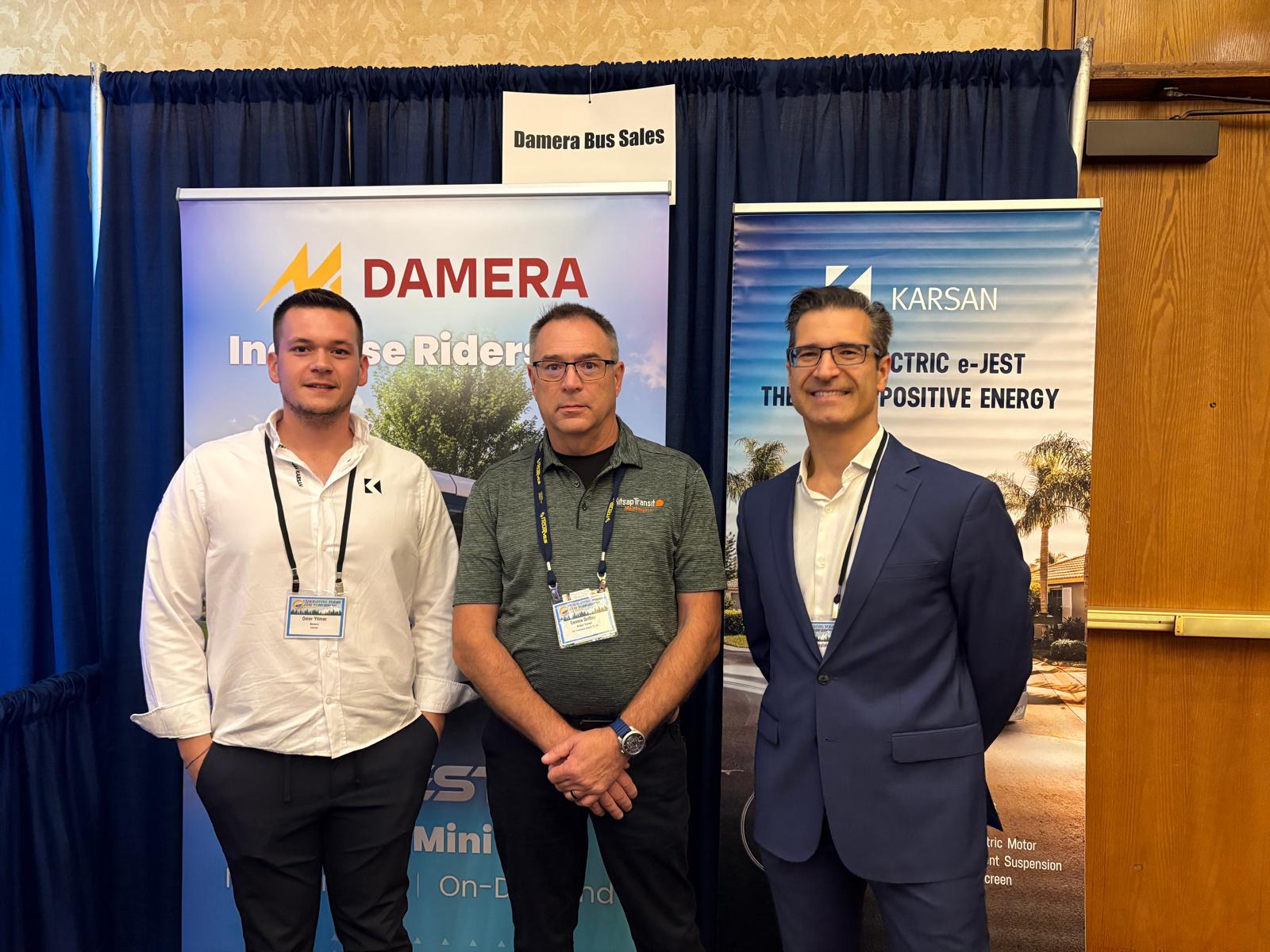
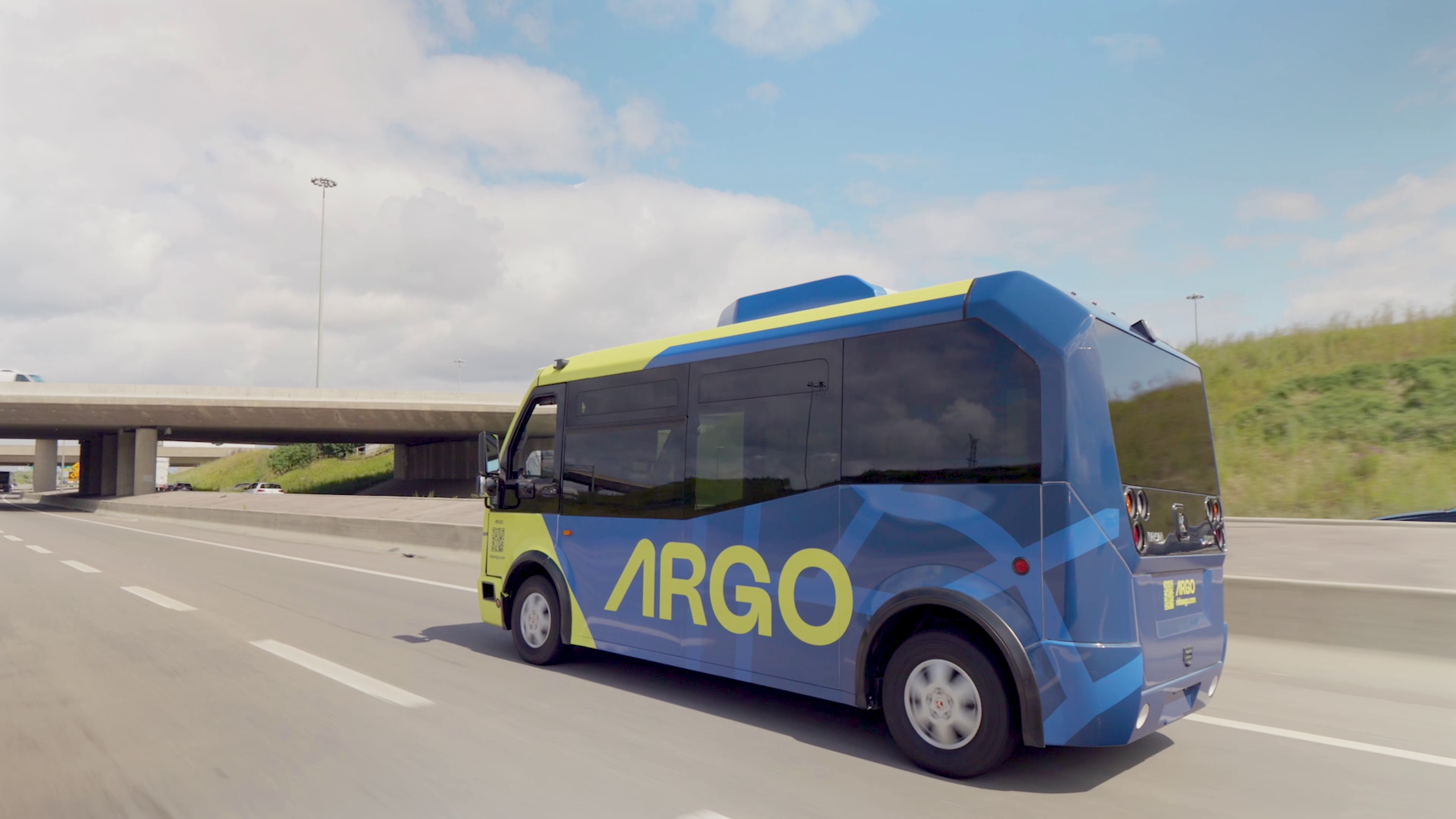
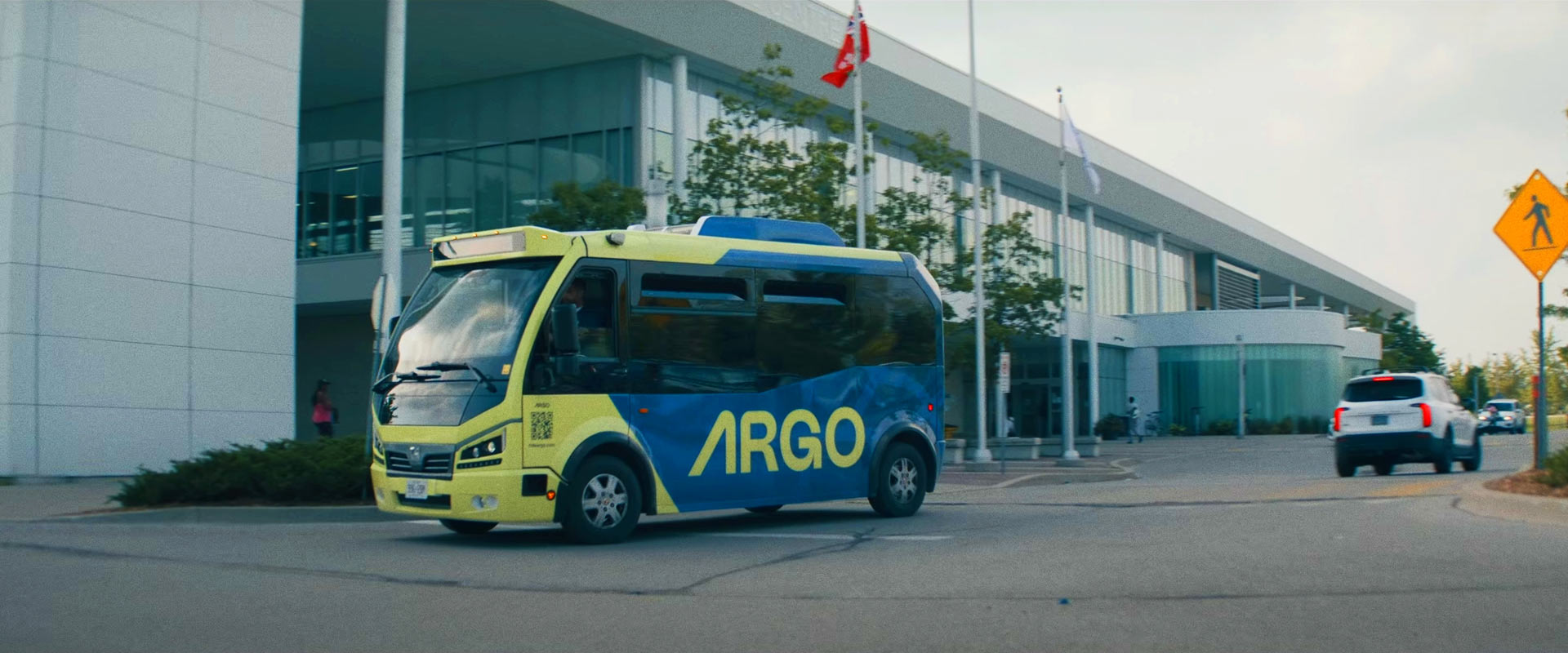

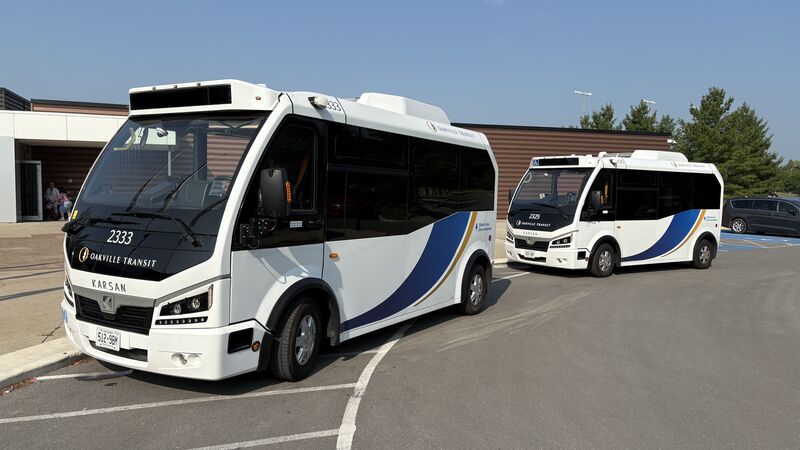
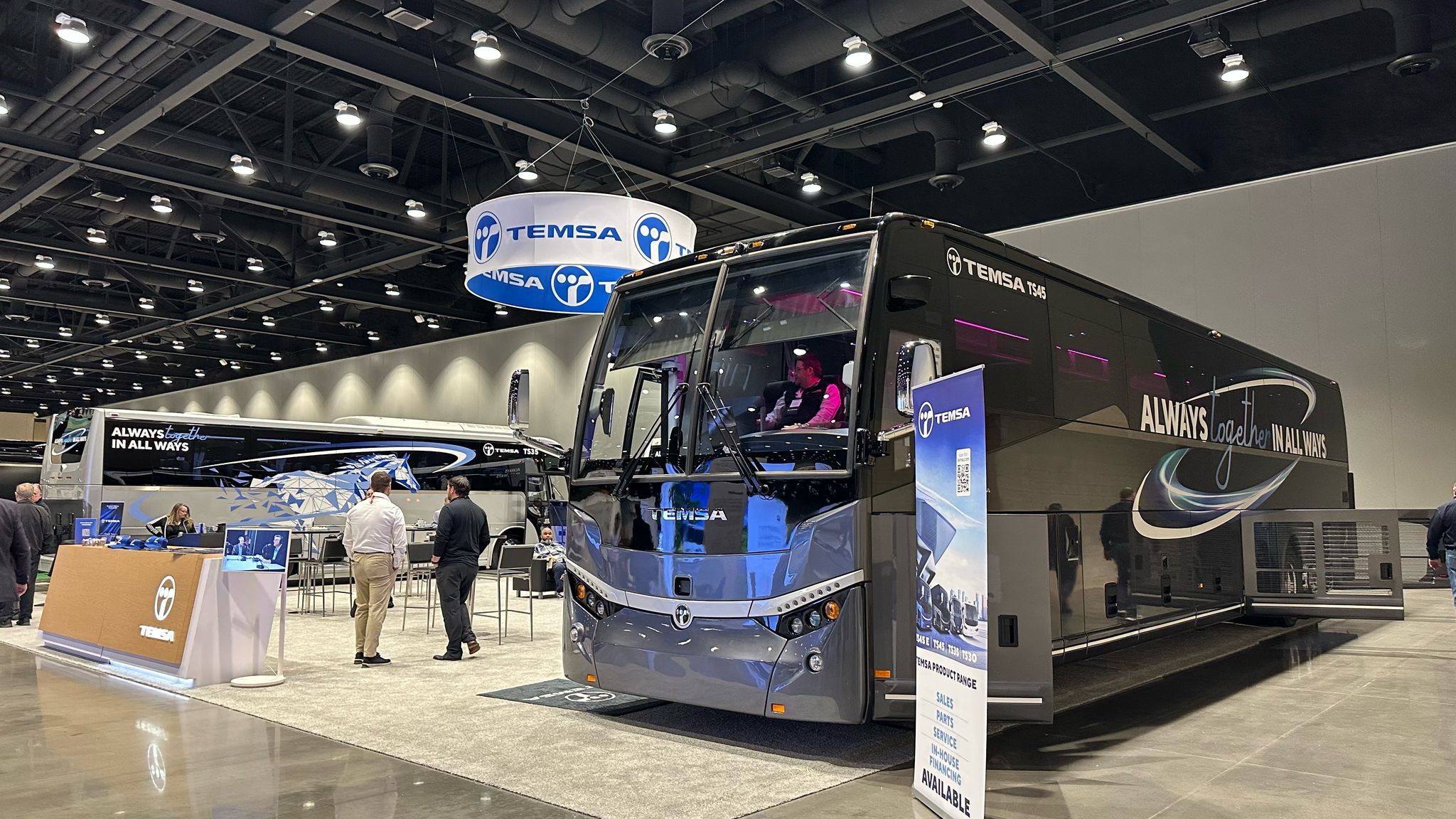





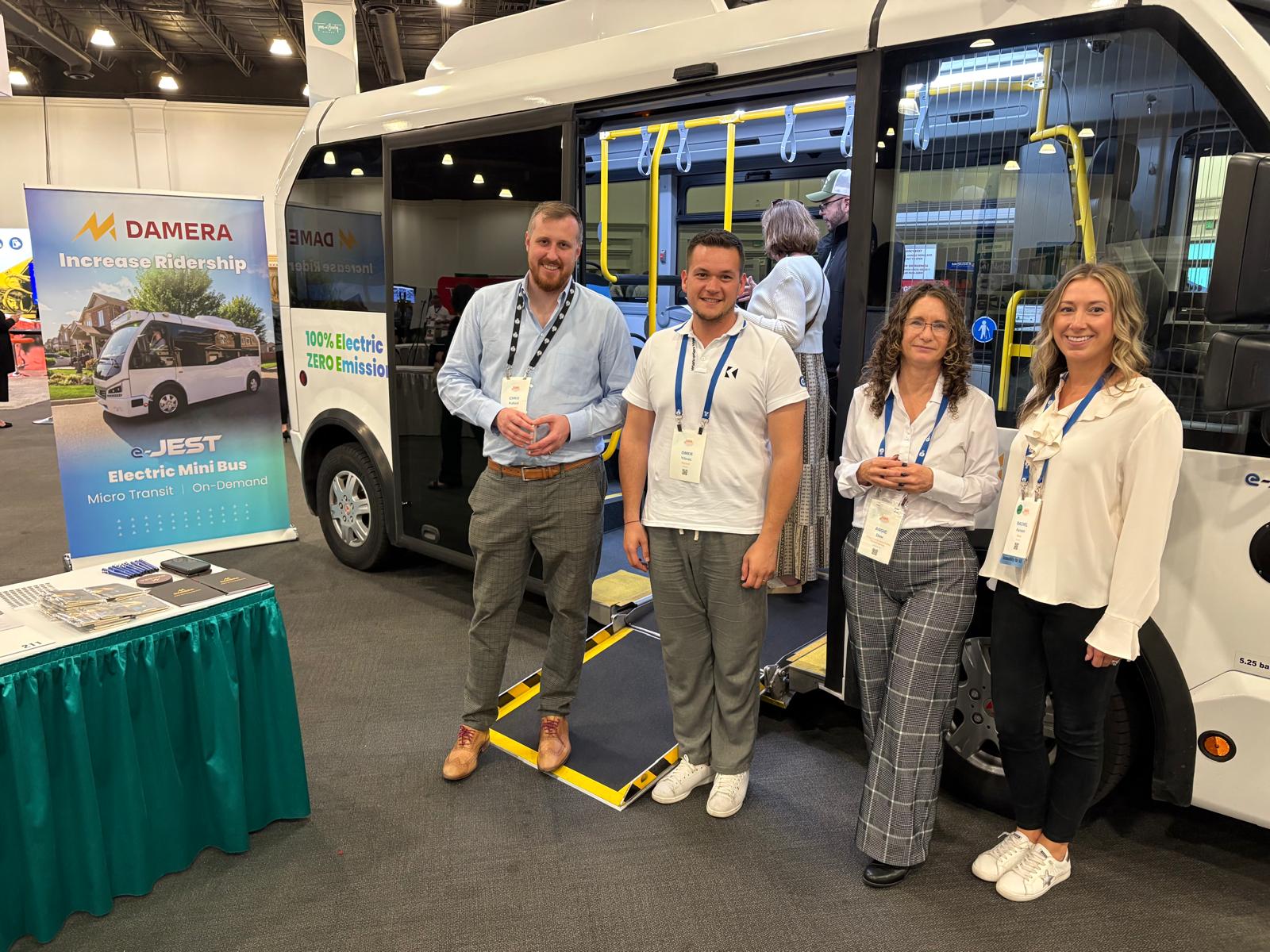






















.jpeg)






















.jpg)










